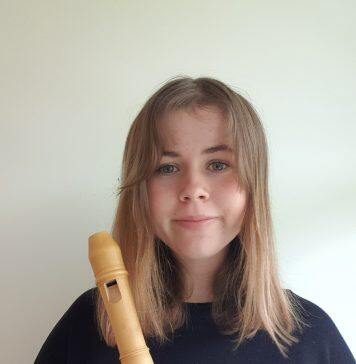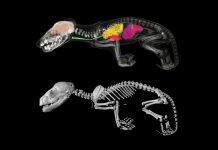$13 million grant to Brown to enable research on impact of health policies on...
A National Institute on Aging grant to Brown University will fund research on the impact of health policies and systems on people living with Alzheimer's disease and related dementias.
Wearable biosensors can help people with complex health conditions
Remote monitoring of health-related behaviour with wearable sensor technology is feasible for people with complex health conditions, shows a recent University of Waterloo study.
UM uses public funds judiciously to nurture local talent and assists needy students during...
As the only public comprehensive university in Macao, the University of Macau (UM) has the responsibility to nurture local talent needed for the development of the city.
Do you see faces in things?
Seeing faces in everyday objects is a common experience, but research from The University of Queensland has found people are more likely to see male faces when they see an image on the trunk of a tree or in burnt toast over breakfast.
Engineering graduate set up for work with hands on experience at Waikato
When completing university studies it’s not unusual to spend hours on end sitting at a desk - but this was not at all the case for Waikato engineering alumna Heidi Ruegg.
History researcher to explore New Zealand’s mineral wealth exhibitions
Dr John Griffiths, School of Humanities, Media and Creative Communication, has won the 2021 Alan Mason Award for Historical Studies which is awarded annually by the Geoscience Society of New Zealand.
No longer science fiction: $5M gift brings de-extinction of the thylacine one step closer
The University of Melbourne is establishing a world-class research lab for de-extinction and marsupial conservation science thanks to a $5 million philanthropic gift.
The Otago Postgraduate Association (OPA) here to help postgrads
Throughout 2022 OPA hopes to increase its visibility among postgraduate students by letting them know it’s open and available to everybody.
LSD, a future anti-anxiety pill?
The craze for psychedelics used for therapeutic purposes is real. However, the scientific evidence supporting their effectiveness and explaining their mode of action in treating mental health disorders is still very thin.
Nine out of 10 Aussies have low vitamin D intakes, Curtin study shows
A new Curtin University study has found 95 per cent of Australians have low vitamin D intakes, with researchers recommending food sources such as oily fish and eggs.


















































